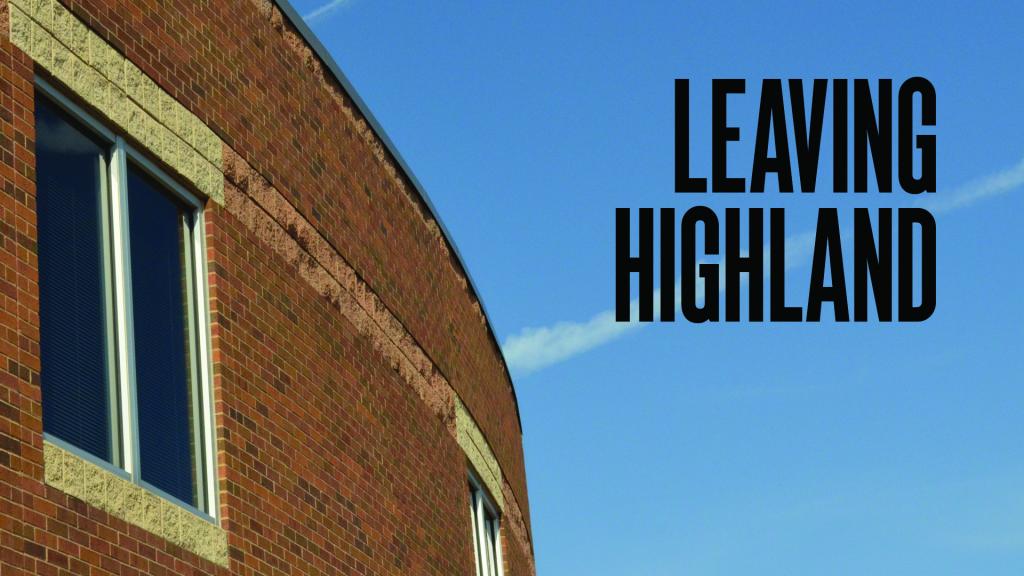So Friday before last, President Trump signed the new and controversial Executive Order reducing the amount of refugees who could enter the United States.
Since it was on a Friday, the worship order for our church assembly that coming Sunday had already been planned for a couple of weeks and this was a real curveball, probably for pastors all over the country.
So I addressed it in passing in my sermon (I have a growing hunch that if I address everything this administration does I won’t ever have time to actually preach anything from the Bible).
And right after I finished preaching, I was down at the front waiting on the person who was going to close out our service with what we call “The Prayers of the People” and it was my friend Susanna.
Susanna just happens to be the director of International Rescue Committee in Abilene, and a member at Highland. We had asked her 2 weeks before to do our closing prayer that Sunday and so she did.
She prayed for us to be welcoming and hospitable to the outsider and stranger, for us to be able to recognize the image of God in the people she worked with on a daily basis. She told us that she was going to have to go to work tomorrow and call a few different families and tell them that the rest of their family wasn’t going to be able to join them in Abilene, and so she asked us to pray for her.
And then she prayed for us, the church to be good news for these refugees who lived in our city.
But how do we go about doing that?
It seems that these days talking about refugees has become so politically charged that it’s impossible to have constructive conversations about what Christians are called to do for the people who are forced to flee their homes and moving here.
One side uses it as a topic for virtue signaling, and another sees it as sour grapes that their presidential candidate lost.
I want to have nothing to do with that kind of conversation.
But there are refugees and immigrants who are already here, many in our churches, and these are often Christians who are finding out by the way we talk about this issue that we are American well before we are Christian.
Just this past Sunday, I talked to a member at Highland who came from Iran, he’s a former Muslim who converted to Christianity a few decades ago, and he was telling me how difficult this political climate has been for him. He’s told me that he wonders if some of the Christians around him remember that when they talk about being terrified about “these people” they are talking about people like him, and his immediate family.
But he also told me he feels very loved and cared for by the Christians around him.
So we live in West Texas, I pastor in a city that is conservative politically, we’re also a large church with lots of people from the local universities as well, so we’re a healthy mix of political diversity.
But what I’ve found out about us is that both progressive and conservative Christians tend to do the most compassionate thing when we are serving people on the local level.
What I mean is that people do much better acting like Jesus when they are dealing with actual people, not some dehumanized abstract idea like “refugees” but real people with names and stories that they can hear and learn from.
So in that spirit, I wanted to share with you this video we made last week. It wasn’t made for Patheos, it was made for a local church, that is trying to work out what we do with our fear and compassion and discipleship on a local level.
I have a hunch that our world is going to grow increasingly polarized and fractured unless we can figure out how to do the hard work of living and loving together.
I believe that the local church can be the place where we lead the way, not by focusing primarily on the federal, national problems, of which there are legion, but by serving and loving the people God has placed right in front of us, wherever they come from.










